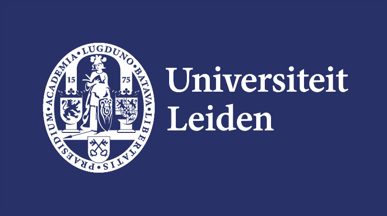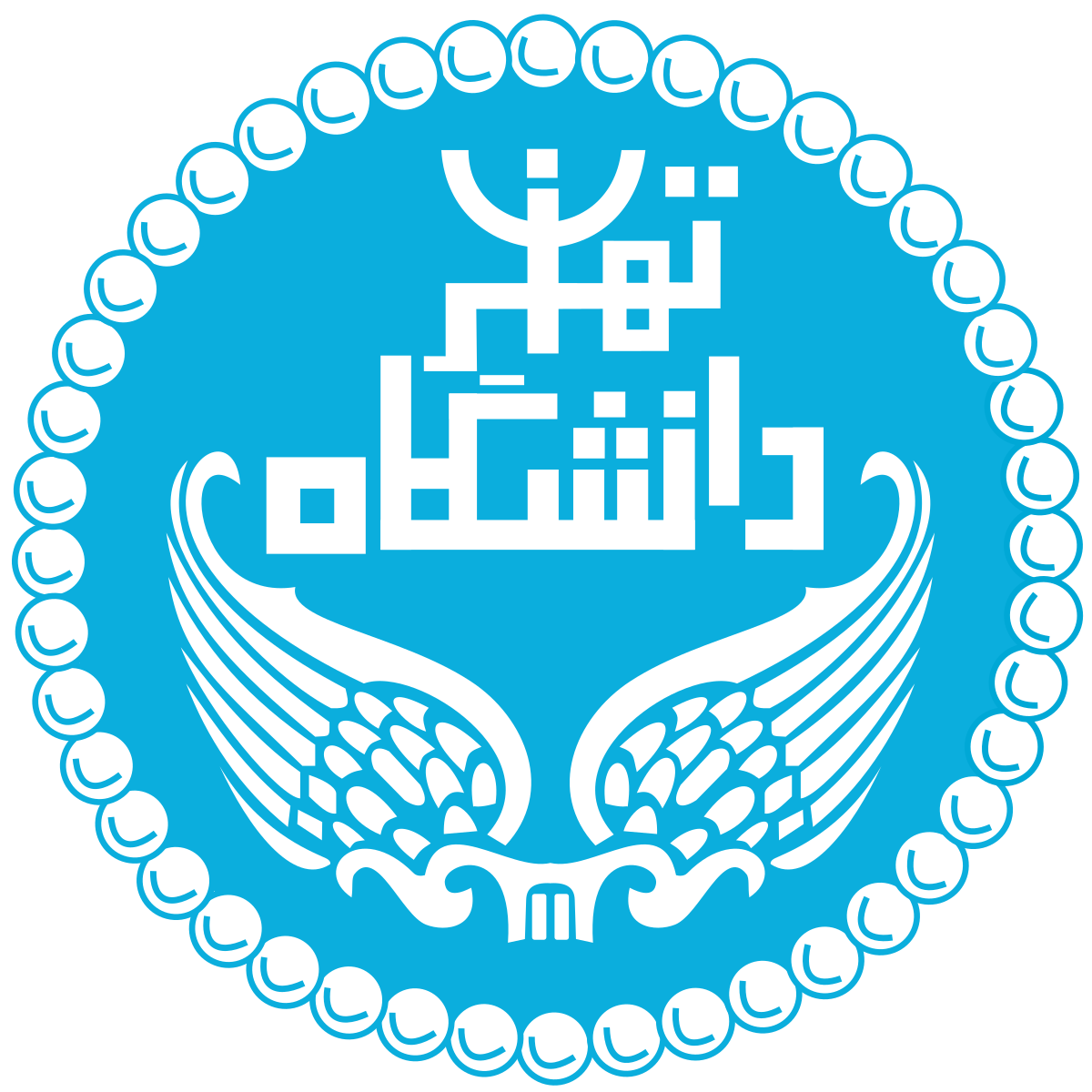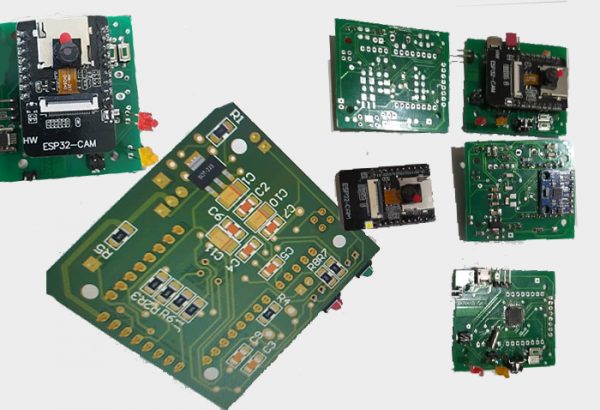Ph.D. in Advanced Computer Science
Hello! I’m Abolfazl Sajadi (Abish).
A Ph.D. researcher at the Leiden Institute of Advanced Computer Science (LIACS) at Leiden University. Born on October 3, 1993, in Arak, Iran, I've been passionate about electronics and digital systems since my early teens.
I earned my Master's degree in Electrical Engineering – Digital Electronic Systems from the University of Tehran in 2021, graduating as the top student in my class. My master's thesis focused on developing a machine learning-resistant PUF-based authentication protocol for resource-constrained IoT devices.
Currently, under the supervision of Prof. Nele Mentens, Todor Stefanov, and Nusa Zidaric. I am working on the PROACT project, which involves the digital hardware design of lightweight cryptographic circuits. My research interests have evolved to include ASIC design, where I am focusing on pre-silicon side-channel leakage analysis to enhance hardware security. Additionally, I am exploring HW/SW co-design, especially with FPGA platforms, to optimize system performance and efficiency.
Research Interests
- ASIC Design
- Hardware Implementation of Cryptographic Primitives
- Hardware Security (offensive and defensive approaches)
- System-Level HW/SW Co-Design, particularly with FPGAs
- Lightweight Authentication using Physical Unclonable Functions (PUFs)
- Hardware Implementation of Machine Learning Algorithms
I believe that neural networks will become a perfect solution to many of our future challenges. My enthusiasm for ASIC design and hardware security drives me to explore innovative solutions in the field of digital electronics.
- Age: 30
- Residence: Netherlands
- Language: Persian, English
- Address: BM_3_12, Gorlaeus Building Einsteinweg 55 | 2333 CC Leiden
Expertise in developing secure, fault-tolerant hardware, with a focus on ASIC design, side-channel leakage analysis, and testable digital systems. Skilled in designing cryptographic circuits that are resilient to physical attacks and optimizing them for energy and resource efficiency.
Proficient in programming languages essential for hardware and software co-design, including Python, C, C++, VHDL, Verilog, and Assembly. Extensive experience in low-level hardware description and simulation for both FPGA and ASIC design flows.
Expertise in the development of neural networks using libraries like TensorFlow, Keras, and PyTorch. Focused on hardware-accelerated machine learning implementations, with experience in applying AI to hardware security problems and optimizing deep learning models for hardware.
Specialized in HW/SW co-design for FPGA-based systems, leveraging platforms like Zynq®-7000 SoC. Ability to implement parallel processing, hardware acceleration, and integration of machine learning models in real-time systems using both hardware and software solutions.


M.Sc. in Digital Electronic System.

B.Sc. in electrical engineering.

Associate Degree in electrical engineering.
-
Python95%
-
C++85%
-
VHDL87%
-
Verilog93%
-
100%
-
Rust (learning)20%
-
Persian (Native)
-
English
-
ZYNQ SoC
-
Xilinx FPGAs
-
Altera FPGAs
-
ARM Microcontrollers (ST)
-
AVR Microcontroller
-
Raspberry Pi
-
Arduino
-
Cadence (Digital Design and Signoff Tools)
-
Vivado
-
QUARTUS
-
ISE
-
QuestaSim
-
Catapult HLS Tool
-
Vivado HLS Tool
-
Altium Designer
-
MATLAB
-
Hspice
-
Proteus
-
CodeVision
-
Keil
NorCAS 2024 IEEE Nordic Circuits and Systems Conference. (Link) + Download_File↓
International Symposium on Applied Reconfigurable Computing (Link)
IEEE European Test Symposium (ETS) 22 May 2023 - 26 May 2023: IEEE. 1-10.
(See here)
Journal of Network and Computer Applications, Volume 217, August 2023, 103693
Iranian Journal of Electrical and Computer Engineering, Link

Ranked 1st in the class of 2018 (major of Digital
Electronic Systems), in terms of cumulative GPA.

Ranked 102nd in the nationwide university entrance exam for Masters in electronics engineering.

Ranked 1st in the class of 2014, in terms of cumulative GPA.

Ranked top 1% in the nationwide university entrance exam for Associate to Bachelor degree in TVU.

Ranked 1st in the 14th National skills competition Provincial stage.

Ranked 3rd in the National Scientific-practical competition Provincial stage.
Awarded choice diligent student, Iran, Bozorgmehr Technical and Vocational School

University of Tehran Link

- Project based (Arduino, ST Controller, AVR, PCB)

- Design WordPress Sites
- Electronic Online Voting System
- IoT, Python, Raspberrypi
- Address: NO.119, Niels Bohrweg 1, 2333 CA Leiden
- Email: a.sajadi@liacs.leidenuniv.nl
- Phone: +31-06-81183983





